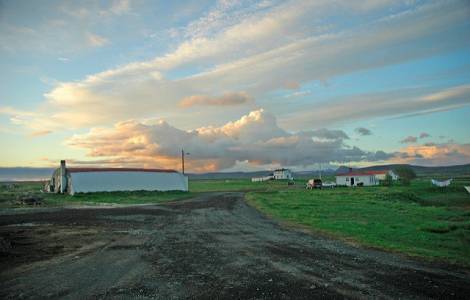
elquemuerdelamano
Ratnapura (Agenzia Fides) – The tea industry in Sri Lanka, started 150 years ago, continues to be the main engine of the Island’s economy, employing two and half million of its 22 million people. According to the Office for Export Development this sector accounts for 62% of Sri Lanka’s farm produce, making 1,600 million of dollars with a community of 400,000 small tea producers. However difficulties, mainly regarding the environment, do exist. According to the United Nations Convention to Combat Desertification, the country has a high rate of soil degradation, mainly because for decades farmers used synthetic herbicides, giving little attention to water sources and the bio-diversity close to the plantations. Climate change causes recurrent drought, irregular rainfall and increased erosion and acidification of land. As a consequence tea bushes rot, earth humidity evaporates , weakening and damaging the plants’ roots. All these factors have gradually impoverished the land lowering the degree of fertility.
Although degradation affects all industry, subsistence farmers and the food security of small farmers are especially threatened. Fides was informed by the project head of the Authority for Small tea growers and workers (ADPET) in Ratnapura, a southern area which produces 70% of Sri Lanka’s tea. Ratnapura alone has 150 small tea growers, in less than four hectars, employing 100,000 workers.
To help the farmers, ADPET has launched a project with the UN Medium Environment Programme (PNUMA) to reduce the use of herbicides on small farms and invert the process of degradation through sustainable management of the soil.
(AP) (10/4/2017 Agenzia Fides)